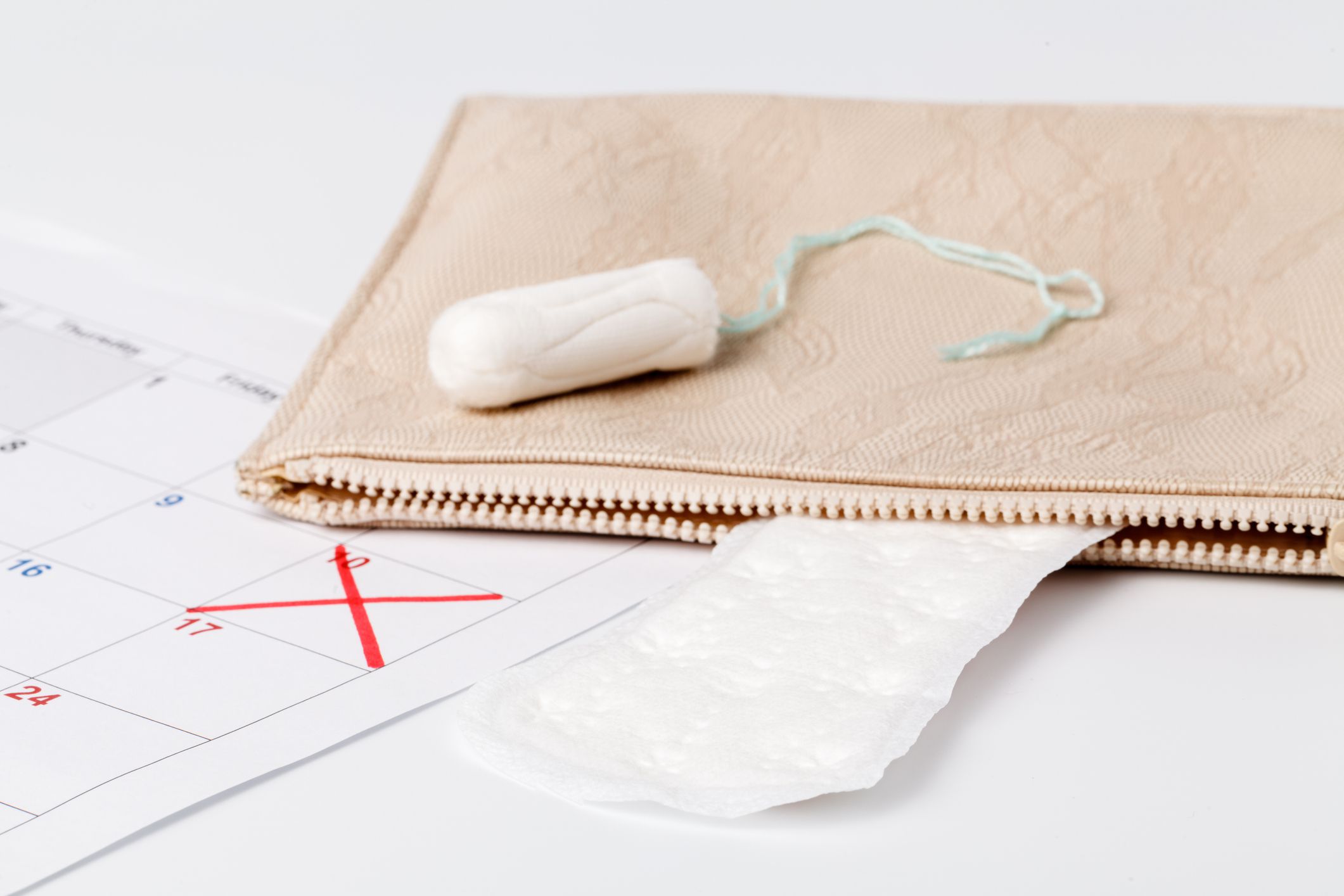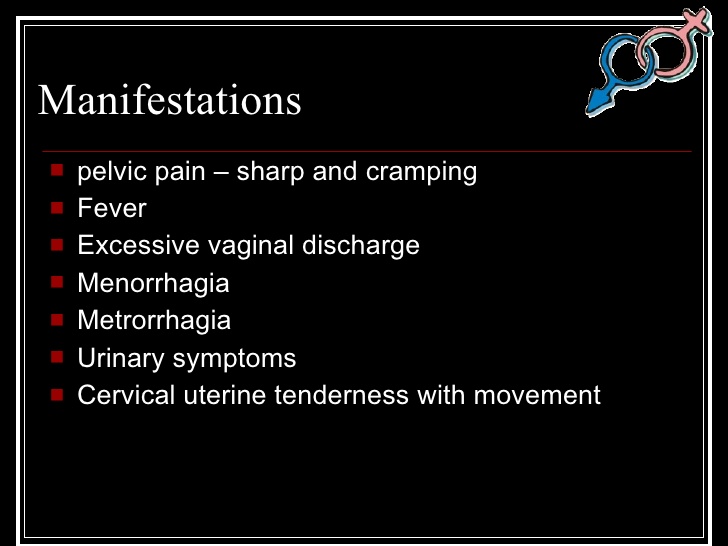
Menorrhagia is a condition where excessive or prolonged uterine bleeding occurs regularly and irregularly than usual. It is then a combination of hemorrhagic dysmenorrhea and metrorrhagia dysmenorrhea
The cause of the excess uterine blood is unknown, but most experts believe that it may be caused by hormonal changes during pregnancy. The excessive bleeding of course, does not stop with the delivery of the baby. Women must continue to have periods, as well as to seek treatment to relieve or even eliminate the symptoms of metrorrhagia. In fact, the symptoms are so severe that women might feel discomfort in urinating and in the vagina, bleeding after sexual intercourse, vaginal spotting, and pain during bowel movements, especially when going on the toilet. Sometimes, women find it difficult to go out of the house because of the symptoms of metrorrhagy, as well as avoiding activities such as running, exercising, and exercising.
There are various ways of treating metrorrhagia, from dietary supplements to surgery. However, the most common treatment for metrorrhage is the intake of dietary supplements to help women to regulate their menstrual cycles. Supplements also provide relief from symptoms such as abdominal pain, bloating, and night sweats.
Another common symptom of metrorrhage is that some women suffer from bleeding after childbirth, as well as painful intercourse. These symptoms may become more severe in a few weeks after giving birth. Fortunately, many of these women can treat themselves to dietary supplements and natural remedies that can alleviate these symptoms and lessen the occurrence of future episodes of metrorrhagenic dysmenorrhea.
Merorhagics can occur in males as well. As mentioned earlier, this is a combination of menorrhaginitis and metrorraginitis. Men may experience symptoms such as blood in the urine, abdominal pain, and pelvic pain. However, symptoms in men are often different from those in women.
Although metrorgiosis can affect both sexes, men tend to suffer more than women. Some doctors believe this is because men have an enlarged ureter, which leads to more pressure and irritation in the urethra, necessitating more frequent trips to the toilet

Other symptoms of metrorhaga include frequent urination on a regular basis, pain in the lower abdomen or genitals, fever, and excessive sweating. To relieve symptoms of metrorrhagia, women should take a warm bath after each bowel movement, drink more water to hydrate themselves and prevent dehydration, and try to keep the affected area as dry as possible. Other people find that ice or warm compresses and herbal teas can also help. In more serious cases of metrological hazard, women may want to consult a doctor to determine if surgery is necessary. However, it is usually not difficult to cure metrorrigia on your own at home. You can find more information about treatment on the website https://www.scib.co.th/.
If you are pregnant or have any of the symptoms of metrorrhea, it is best to discuss your condition with your doctor as there are several treatment options available to you. This way, you can be sure that you are getting the best treatment for metrorrhea and other symptoms that will make you feel comfortable and improve your quality of life. when you go through this test.
Metrorrhagia can range from mild to severe, so it's important that your doctor diagnoses you correctly. The diagnosis of metrorrhagia depends on a number of factors, including the severity of your symptoms, the location of the metrorrhagia and the presence of bleeding in your urine, and a family history of metrorrhagia.
Metrorrhagia can be treated through medication that your doctor can prescribe for you, or through natural remedies that you can purchase. through your local pharmacy or online. There are many herbal supplements and creams on the market today that can help relieve the symptoms and even cure metrorrhagia. These creams and supplements are often made from essential ingredients that can stimulate your body to produce extra mucus and decrease the pain.
To relieve the symptoms of metrorrhagia, you should also make an effort to eliminate stress in your life. While the cause of metrorrhagia can be many different, stress can have a lot to do with why you're experiencing symptoms. If you have a great deal of stress in your life, then it is probably best to find ways to eliminate or reduce your stress so that your symptoms can subside.